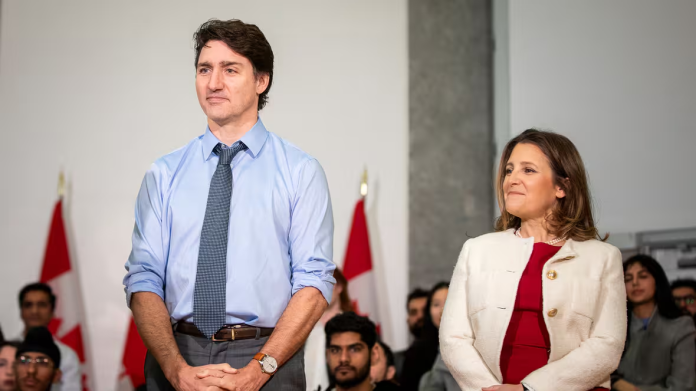
Prime Minister Justin Trudeau’s administration is actively exploring avenues to expand access to various financing options, including the introduction of halal mortgages. This initiative underscores Trudeau’s commitment to assisting Canadians in their pursuit of homeownership, with a particular emphasis on supporting the Muslim community.
In the recent federal budget, the Liberal government disclosed its engagement in consultations with financial service providers and diverse communities to better comprehend how federal policies can better serve the multifaceted needs of Canadians seeking to own homes.
Halal mortgages adhere to Islamic law, which prohibits the charging of interest, considering it usury. While other Abrahamic faiths share similar views on usury, Islamic financial institutions offer mortgage and lending products designed to avoid conventional interest payments.
Although some Canadian financial institutions offer Islamic law-compliant mortgages, none of the country’s major banks currently provide them. Experts suggest that while these alternative mortgages may not be entirely interest-free, they might involve regular fees as substitutes for interest charges.
The proposal has sparked discussions on social media, with some labeling it a ‘woke idea’ aimed at benefiting a specific section of society. Concerns have been raised regarding the notion of introducing financial products with differing tax treatment.
Furthermore, the Canadian government has implemented a two-year ban on foreign investors purchasing residential property, effective January 1, 2023, to ensure adequate housing for Canadians and deter speculation by foreign investors. The government has announced its intention to extend this ban for an additional two years, until January 1, 2027, prohibiting foreign commercial enterprises and individuals who are not Canadian citizens or permanent residents from buying residential property in Canada.
In the housing-focused budget presented by Deputy Prime Minister and Finance Minister Chrystia Freeland, the government forecasts a deficit of $39.8 billion for fiscal 2024-25. The budget allocates $53 billion in new spending over the next five years, with a significant portion aimed at promoting generational fairness and assisting younger Canadians, particularly Millennials and Generation Z, through programs tailored for renters and first-time homebuyers.
To partially offset the new spending, the government has introduced “tax fairness measures” expected to generate an additional $18.2 billion in revenue over the next five years.




